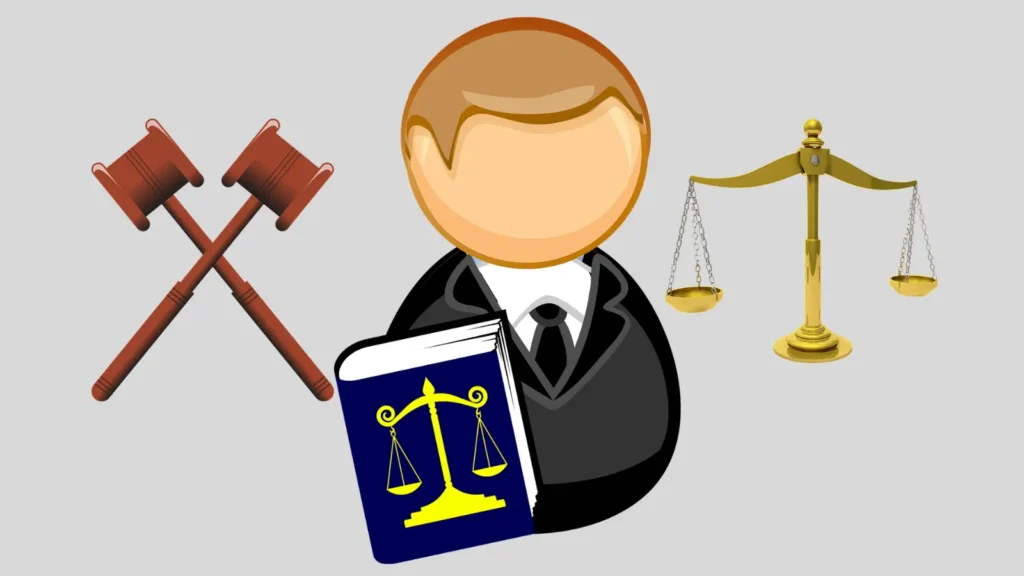How to Sue an Auto Insurance Company in the United States
Navigating the legal system can be a daunting task, especially when dealing with an auto insurance company. Whether you’re facing issues with claim denials, underpayment, or bad faith practices, knowing how to pursue legal action against an insurance company can help you protect your rights and seek justice. Here’s a comprehensive guide to help you understand the process of suing an auto insurance company in the United States.
Understand the Grounds for Suing
Before taking legal action, it’s crucial to determine if you have valid grounds for a lawsuit. Common reasons to sue an auto insurance company include:
- Claim Denial: If your claim is unjustly denied without a valid reason.
- Underpayment: If the compensation offered is significantly less than what you’re entitled to.
- Bad Faith: If the insurer is not acting in good faith, such as delaying payment or making unreasonable demands.
Review Your Policy
Carefully review your insurance policy to understand the terms, coverage limits, and obligations. This will help you identify any breaches or discrepancies. Ensure you have documented evidence of your interactions with the insurance company and keep copies of all relevant correspondence.
Attempt to Resolve the Issue Internally
Before escalating the matter to court, try to resolve the issue directly with the insurance company. This may involve:
Filing a Complaint
Contact the insurance company’s customer service or claims department to file a formal complaint.
Requesting a Review
Ask for a review of your claim or denial decision. Provide any additional evidence that supports your case.
Seek Mediation or Arbitration
Many insurance policies include clauses requiring mediation or arbitration before pursuing litigation. These alternative dispute resolution methods can be less costly and time-consuming. Consider:
Mediation: A neutral mediator helps both parties reach a mutually acceptable resolution.
Arbitration: An arbitrator makes a binding decision based on the evidence presented.
Consult with an Attorney
If internal resolution efforts fail, consult with an attorney who specializes in insurance law. An experienced attorney can:
Evaluate Your Case: Assess the merits of your claim and advise on the best course of action.
File a Lawsuit: Prepare and file a lawsuit if necessary, ensuring all legal procedures are followed.

File a Lawsuit
If you decide to proceed with legal action, your attorney will file a lawsuit in the appropriate court. The lawsuit will typically include:
Complaint: A document outlining your allegations and the relief you seek.
Summons: A legal notice to the insurance company that they are being sued.
Discovery: The process of gathering evidence, including depositions, interrogatories, and document requests.
Prepare for Trial
If the case goes to trial, both parties will present their evidence and arguments. This may involve:
Witness Testimonies: Presenting testimonies from witnesses, including experts who can support your claim.
Evidence Presentation: Submitting documents, photographs, and other evidence to substantiate your case.
Consider a Settlement
Many cases are resolved through settlement agreements before reaching trial. Your attorney can negotiate on your behalf to reach a fair settlement that compensates you for your damages.
Follow Up and Enforcement
If you win the case or reach a settlement, ensure that the insurance company complies with the judgment or agreement. This may involve:
Collecting Damages: Ensuring you receive the compensation awarded.
Enforcement Actions: Taking further legal steps if the insurance company fails to comply.
Conclusion
Suing an auto insurance company in the United States can be a complex process, but understanding your rights and the legal procedures can help you navigate the system effectively. By following these steps and working with a skilled attorney, you can pursue justice and ensure that your insurance company meets its obligations. Remember, the goal is not only to seek compensation but also to hold the insurer accountable for any unfair practices.




